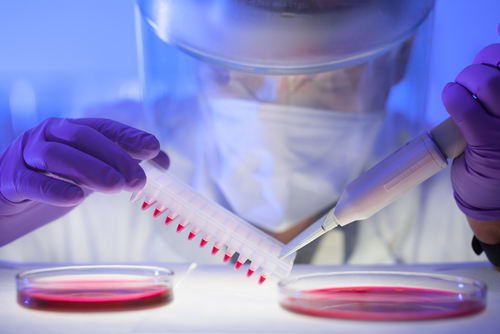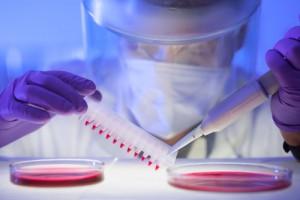New Systemic Sclerosis Diagnostic Tool Could Impact SSc, PH Patient Communities

 Systemic Sclerosis (SSc) is a disease that is closely associated with Pulmonary Hypertension. According to the Scleroderma Society, “about 1 in 10 people with systemic sclerosis (systemic scleroderma) can go on to develop pulmonary hypertension,” due to the fact that SSc leads to the thickening of the pulmonary artery walls, which in turn leads to higher blood pressure in the lungs. As a result, drug and diagnostic development for SSc is relative to both the Scleroderma and PH patient communities.
Systemic Sclerosis (SSc) is a disease that is closely associated with Pulmonary Hypertension. According to the Scleroderma Society, “about 1 in 10 people with systemic sclerosis (systemic scleroderma) can go on to develop pulmonary hypertension,” due to the fact that SSc leads to the thickening of the pulmonary artery walls, which in turn leads to higher blood pressure in the lungs. As a result, drug and diagnostic development for SSc is relative to both the Scleroderma and PH patient communities.
Protagen AG, a company focused on the developments of diagnostic tools on autoimmune diseases, has recently launched its first ELISA research use test kit for SSc, named ADx®SSc Multilisa®, Select Science recently reported.
[adrotate group=”4″]
The assay was developed to combine two new, proprietary disease markers with two standard diagnostic markers.
Systemic sclerosis is one of autoimmune diseases targeted by Protagen. The company is working to develop research tools to help physicians to identify markers for improved diagnostics.
[adrotate group=”3″]
According to Stefan Müllner, CEO of Protagen AG quoted in the article, this test kit for SSc “underscores our strategy to provide new, improved solutions and product options in autoimmune indications on a continuous basis, enable better therapeutic decision making and improve the diagnostic process for clinicians and, importantly, patients.”
ADx®SSc Multilisa® is a scientific research-use only (RUO) product, and needs undergo further tests. However, if future data from trials continues to reveal its efficacy, the new diagnostic test could prove to be useful tool in helping to identify and diagnose SSs sooner rather than later, enabling doctors to anticipate complications such as pulmonary hypertension in early stages and ultimately improve patient outcomes.







